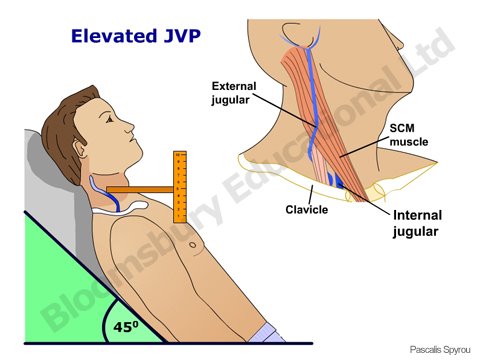What is Aadhaar?
Aadhaar is a 12 digit individual identification number issued by the Unique Identification Authority of India on behalf of the Government of India.
This number will serve as a proof of identity and address, anywhere in India.
Any individual, irrespective of age and gender, who is a resident in India and satisfies the verification process laid down by the UIDAI can enrol for Aadhaar.
Each individual needs to enroll only once which is free of cost.
Each Aadhaar number will be unique to an individual and will remain valid for life. Aadhaar number will help you provide access to services like banking, mobile phone connections and other Govt and Non-Govt services in due course.
Some other information about Aadhaar:
Aadhaar will be:
Easily verifiable in an online, cost-effective way
Unique and robust enough to eliminate the large number of duplicate and fake identities in government and private databases
A random number generated, devoid of any classification based on caste, creed, religion and geography
Why Aadhaar?
Aadhaar-based identification will have two unique features:
Universality, which is ensured because Aadhaar will over time be recognised and accepted across the country and across all service providers.
Every resident's entitlement to the number.
The number will consequently form the basic, universal identity infrastructure over which Registrars and Agencies across the country can build their identity-based applications.
Unique Identification of India (UIDAI) will build partnerships with various Registrars across the country to enrol residents for the number. Such Registrars may include state governments, state Public Sector Units (PSUs), banks, telecom companies, etc. These Registrars may in turn partner with enrolling agencies to enrol residents into Aadhaar.
Aadhaar will ensure increased trust between public and private agencies and residents. Once residents enrol for Aadhaar, service providers will no longer face the problem of performing repeated Know Your Customer (KYC) checks before providing services. They would no longer have to deny services to residents without identification documents. Residents would also be spared the trouble of repeatedly proving identity through documents each time they wish to access services such as obtaining a bank account, passport, or driving license etc.
By providing a clear proof of identity, Aadhaar will empower poor and underprivileged residents in accessing services such as the formal banking system and give them the opportunity to easily avail various other services provided by the Government and the private sector. The centralised technology infrastructure of the UIDAI will enable 'anytime, anywhere, anyhow' authentication.











::::Your Comments are Valuable for Us-Post your queries below::::.